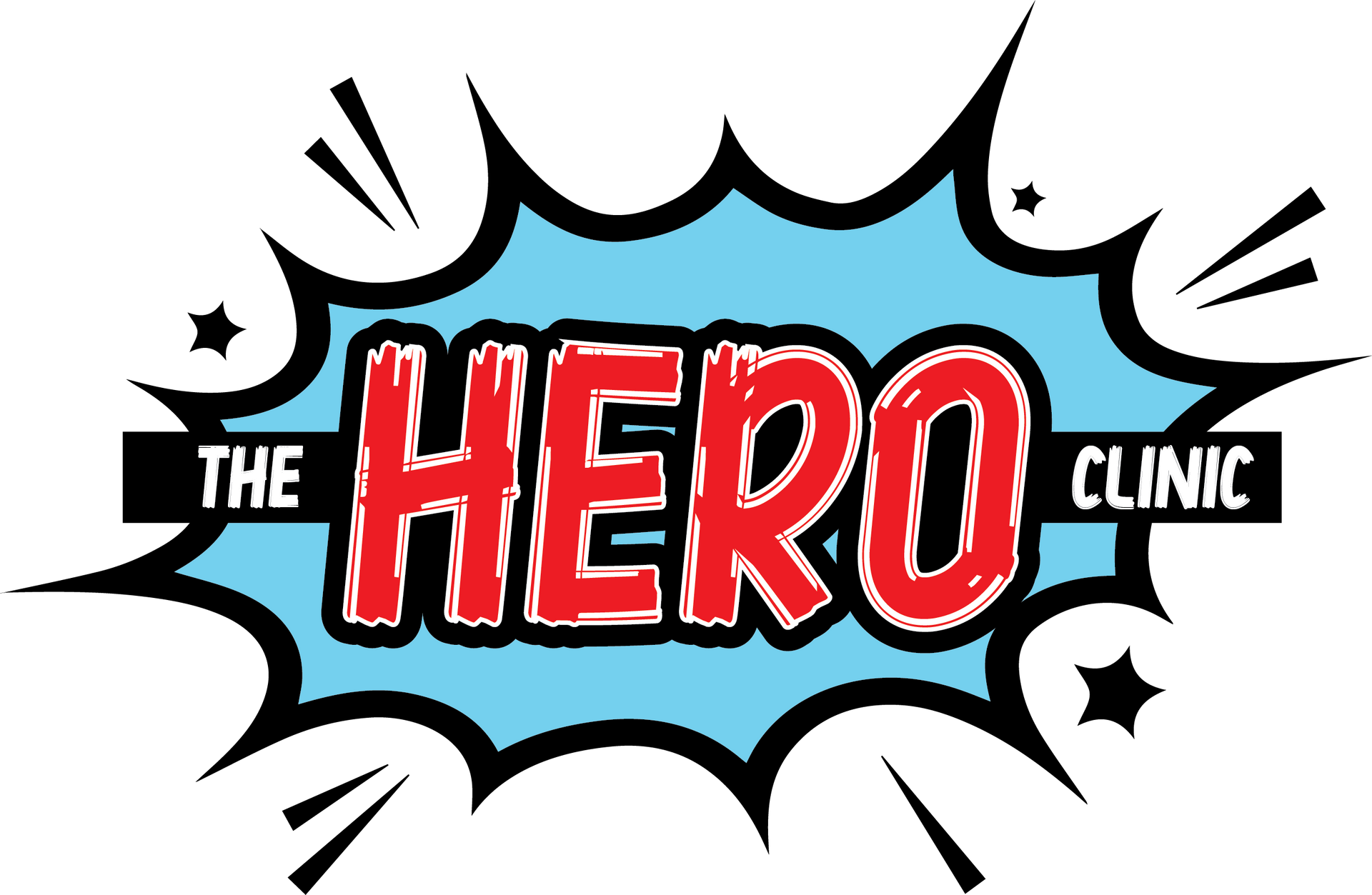We Manage
Attention Deficit Disorder
The Hero Clinic can diagnose and treat Attention Deficit Disorder
Find resources for ADD & ADHD treatment at The Hero Clinic in Columbia, MO
Attention deficit disorder (ADD), also known as attention deficit hyperactivity disorder (ADHD), is a neurological disorder that affects a person's ability to concentrate and focus on tasks. The disorder is commonly diagnosed in children, but can also affect adults. While there is no known cure for ADD/ADHD, there are several effective treatments available that can help manage the symptoms.
The most common treatment for ADD/ADHD is medication. Stimulant medications, such as Ritalin and Adderall, are often prescribed to increase focus and attention span. These medications work by increasing the levels of neurotransmitters, such as dopamine and norepinephrine, in the brain. While these medications can be highly effective in managing the symptoms of ADD/ADHD, they can also have side effects, such as loss of appetite, insomnia, and irritability.
Non-stimulant medications, such as Strattera, are also available for the treatment of ADD/ADHD. These medications work by increasing the levels of norepinephrine in the brain and can be useful for those who cannot tolerate stimulant medications. While non-stimulant medications tend to have fewer side effects than stimulant medications, they may take longer to start working and may not be as effective in managing symptoms.
Behavioral therapy is another treatment option for ADD/ADHD. Behavioral therapy focuses on teaching patients strategies for managing their symptoms and developing new habits and routines that can help improve focus and attention. Behavioral therapy can be highly effective, particularly when combined with medication. Common techniques used in behavioral therapy include time management strategies, organizational skills, and cognitive-behavioral therapy (CBT).
CBT is a type of talk therapy that helps patients identify negative thought patterns and behaviors that may be contributing to their symptoms. The therapist works with the patient to develop new, positive thought patterns and behaviors that can help them manage their symptoms more effectively. CBT is effective in reducing symptoms of ADD/ADHD, as well as improving social skills and self-esteem.
Another form of therapy that can be helpful for those with ADD/ADHD is family therapy. Family therapy can be useful for helping family members understand the disorder and how it affects their loved one. It can also help family members learn strategies for supporting their loved one and managing the challenges that come with ADD/ADHD.
In addition to medication and therapy, several lifestyle changes can help manage the symptoms of ADD/ADHD. Regular exercise, a healthy diet, and good sleep habits can all help improve focus and attention. It is also important for those with ADD/ADHD to create a structured environment that minimizes distractions and allows for maximum concentration.
One effective strategy for creating a structured environment is to use a planner or calendar to keep track of tasks and deadlines. Breaking tasks down into smaller, manageable chunks can also be helpful. For example, instead of trying to complete a large project all at once, the patient can break the project down into smaller tasks and complete them over time.
Another useful strategy for managing the symptoms of ADD/ADHD is to use visual aids. For example, color-coding tasks or using pictures or diagrams to represent information can help the patient better understand and remember important information. Additionally, using timers or alarms to help the patient stay on track and avoid distractions can be highly effective.
Finally, those with ADD/ADHD need to seek out support from others who understand the disorder. Support groups can be an excellent resource for those with ADD/ADHD, as they provide a safe and supportive environment where patients can share their experiences and learn from others who are going through similar challenges.
